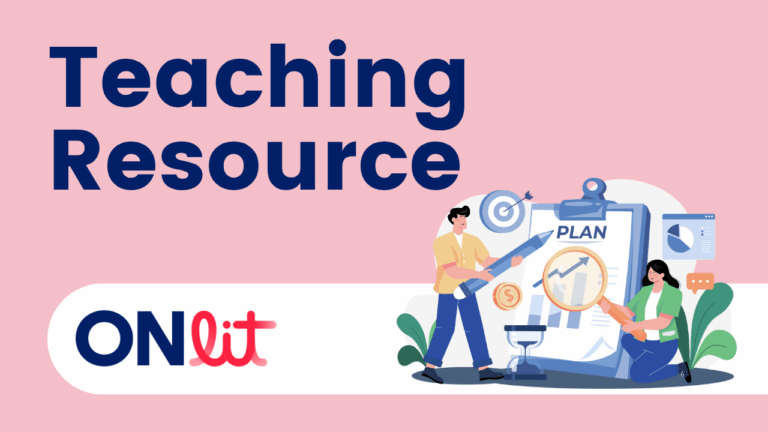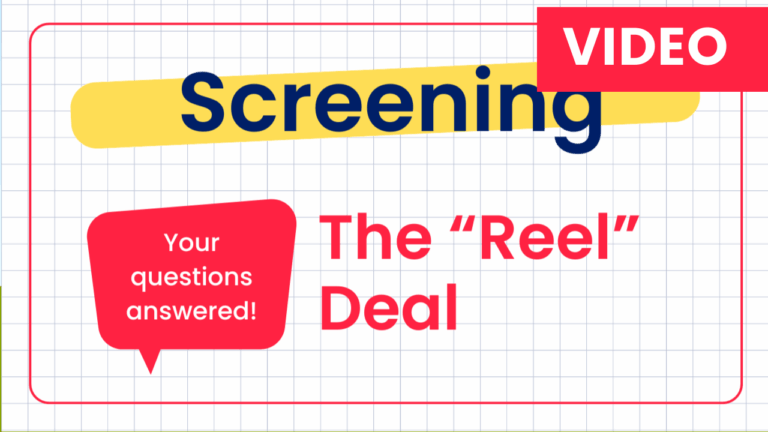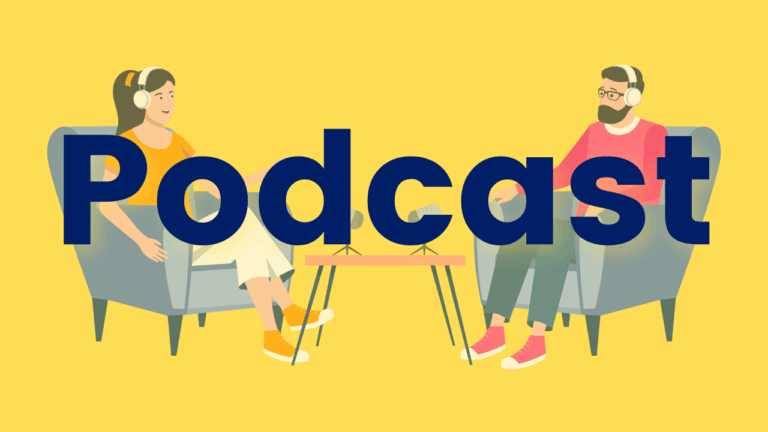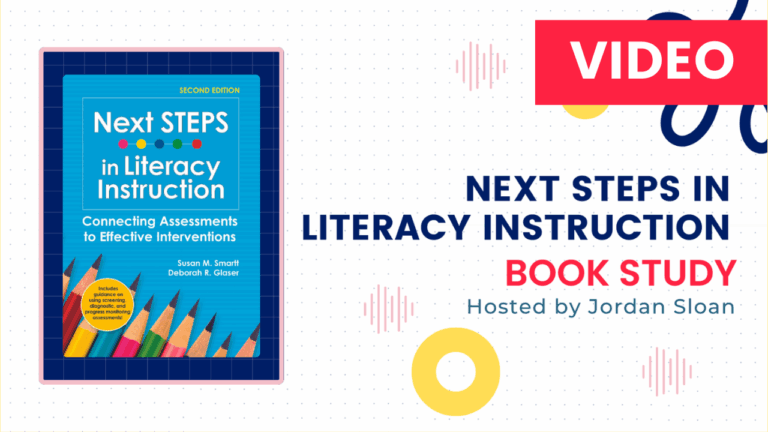Multisyllabic Word Decoding Posters
These posters highlight a decoding strategy adapted from the IES Practice Guide Providing Reading Interventions for Students in Grades 4–9. Two versions are available – a double sided 8.5 x 11 copy with sample educator language for modelling the strategy, and a larger 24 x 36 size. References: Vaughn, S., Gersten, R., Dimino, J.,…







